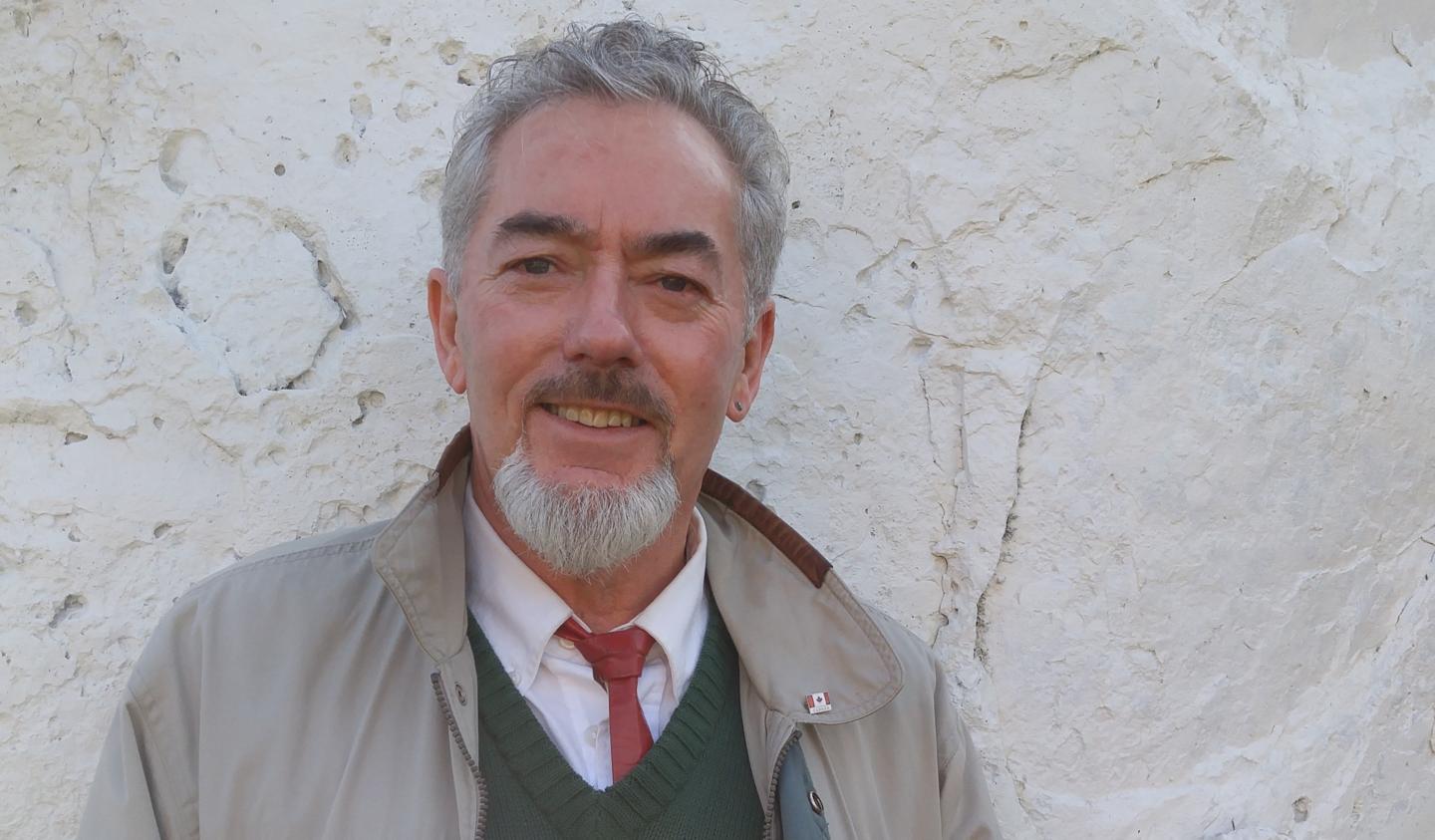Trevor Carolan is an associate professor in the English department at UFV. He has been at the university for 18 years and has a diverse background in journalism, environmental literature, and political activism. Carolan teaches creative writing and literary journalism at UFV and his areas of research range from Buddhism-inspired Oriental writings to Celtic literature. The Cascade was able to interview Carolan this week about his experiences as a professor at UFV and his research interests outside of the classroom.
You have published 16 books so far in a variety of genres ranging from nonfiction to poetry. What type of writing do you enjoy the most and why?
Well, it depends on the project at the time. I believe in the muse. And sometimes there’s an old saying from a poet called Gregory Corso, “When the muse calls, honour the visit.” Sometimes the muse is calling with poetry, sometimes it’s nonfiction, sometimes it’s a translation from another language, and sometimes it’s a novel. And that’s the one I struggle with the most. But I find just something inspires it. For example, I’ve been doing some work with a couple of UFV students, Zachary Keely and Marlowe Ferris. Both are fine singers and guitarists, and the opportunity of getting up and working with these guys on the stage was very appealing. So suddenly poetry starts to make sense because it’s the chance to get up and work on a stage with spoken word and musicians playing behind.
Have you been involved in any recent research?
Actually it’s an ongoing thing. I’ve had a lifelong interest in Asia, so I’ve written a great deal about Asia and the Pacific. I have written quite a number of books and a great deal of literary essay writing, reviews and interviews, so I’m continually interested in Asia. But the irony is that after I was writing about Asia for 25–30 years I found myself being drawn more deeply into my own original Irish culture. So I have been writing about older European culture, especially Celtic culture which has become a real interest for me. And I find the invitations have been coming in that area in a new way. I get invitations to write for journals in Asia regularly but I’ve also been getting more opportunities to work with European backgrounds. And that also serves as an interesting counterpoint to my continual writing about Beat literature and Beat culture.
You have also served as a municipal council in North Vancouver for three years. How did you find that experience?
It was a rich and very rewarding experience. However, it also had some disappointments. I came into politics after a long period of involvement in activism. I worked on environmental campaigns, in particular on watershed improvement campaigns, and I also worked with some First Nations’ land claims issues. At a local level we were doing things like trying to keep the public cemetery public, or trying to keep Deep Cove’s water clean. These were incredibly engaging events and ultimately it all lead to one mammoth preservation campaign where we were trying to preserve the green slopes of the North Shore Mountains from major residential redevelopment. This is what led to me getting directly involved and then elected in politics.
Apart from teaching English and creative writing at UFV, you are also an editor of the Pacific Rim Review of Books. What event or circumstance do you think contributed most to making your career so successful?
Regular dedicated work, application of personal interest, and love of writing, with a commitment to seeing my work get published. I’ve been writing for decades and seeing one’s work come into print is always a real boost. And you find ways to make connections. You can either send out your work in the mail and twiddle your fingers and wait months for a reply or you can get active. The most valuable advice I can give to young writers, especially young people who want to get into creative work, is become a joiner. It’s hard to work in solitude. And once you find yourself getting involved in a community of people, it’s like being in front of a slot machine in the casino when suddenly all the tumblers start spinning and they’re much more likely to come up your way in the payout. That’s because one person tells another, one person recommends another and you hear about opportunities. So networking is absolutely crucial. And ironically, that’s one area that some people in the arts just loathe to do. They want to work in solitude and so we have the Vincent van Goghs or the Emily Dickinsons who have a hard time finding an audience in their lifetime.
Image: Edina Balint/The Cascade


